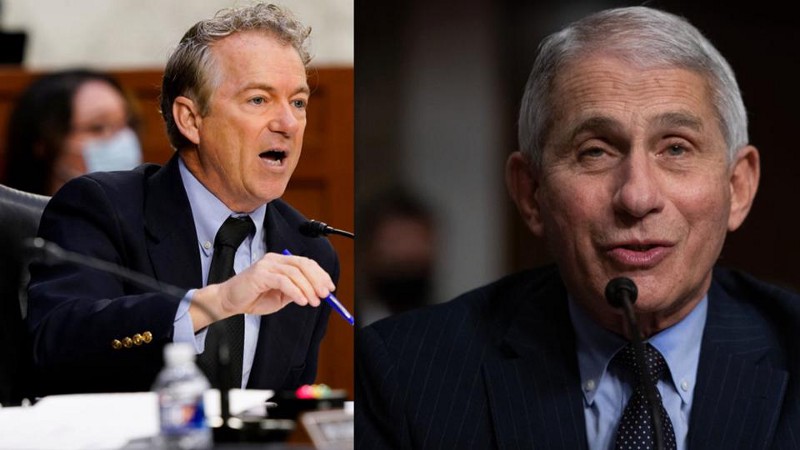It is a really interesting moment in space exploration right now. The technology has just started to get good enough that we can really start having reliable and relatively inexpensive access to the rest of the universe. It’s never happened before in all of human history. It’s opening doors of possibilities for business, for improving the quality of life around the world by allowing us to communicate and understand the world better, but also for us as people to start leaving the world like we never have before. It’s a really interesting moment and it’s only going to continue to accelerate. Things will never be this slow again.
And be part of it! Become part of that amazing capability that we’ve built for ourselves of the cool stuff that’s just coming down the pike. It’s a pretty cool time to be alive right now, especially if you’re interested in exploring the rest of the universe.
Flying in space is a huge amount of work. It’s decades of work getting all of the university degrees and life experience so that NASA will even look at you when they’re selecting astronauts.
In the last astronaut selection 18,300 people applied for 12 positions, so how do you even get your foot in the door? But if you’ve done enough things in your life that you’re competent enough that maybe they’ll look at you and then they phone you and say “We’d like you to be an astronaut,” now suddenly you’re starting a whole new phase of life. You come over this watershed and now there’s probably ten or 15 years of work ahead of you to get ready and be competent enough to be trusted to fly a spaceship, and then some day get into a rocket, and it takes you above the atmosphere and the engines shut off, and you’re there! And you’re doing all your work and flying the rocket and docking with the space station, but at the end of it what do you do with that experience?
Now you’ve done all these incredibly complex and extremely dangerous things in order to push back the edge of human capability and of our understanding of the world itself, but now what do you do with the sequence of things that have turned you into who you are and the things that come in through your eyeballs and you’ve tried to understand?
And I think part of the continuing responsibility of being one of the world’s astronauts is not to keep it to yourself, but to try and let as many people benefit from what you've done; let people see the world through your eyes; try and understand the ideas behind it through your words, so that hopefully they can go far further than you ever did or than I ever did.
I fully expect very soon we’ll have people working in a research station on the moon who will be looking up and seeing an earth-rise and seeing an earth-set and pushing back the edge of what is normal for us as a species. You’ve got to remember, when I was born no one had ever flown in space. I mean space flight is new. “Astronaut” didn’t exist when I was born, it wasn’t a word, and yet we’ve had people permanently living on the space station for the last 17 or 18 years, so it’s moving along pretty quickly.
But I want as many people to understand it and start thinking about it in their own lives. And so you have to do the job right. You have to put in those 25 years of work to be competent enough to go be one of the folks that’s exploring the universe, but I think it’s also important to share it, to let other people see it to the best of your ability.
Whether you’re a poet or a painter or a musician or a writer or whatever, a teacher, try not to just squander the richness of the experience and try and find as many ways as possible to have other people maybe see what this might be like for them, so that they can make different decisions with their lives.






